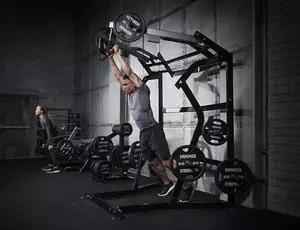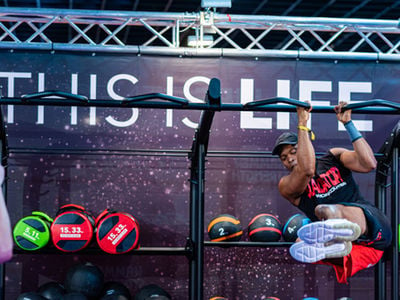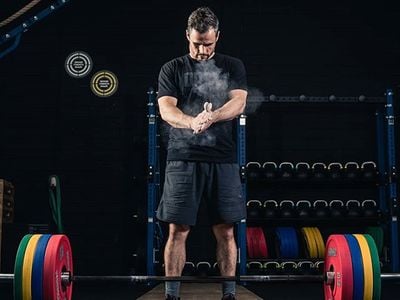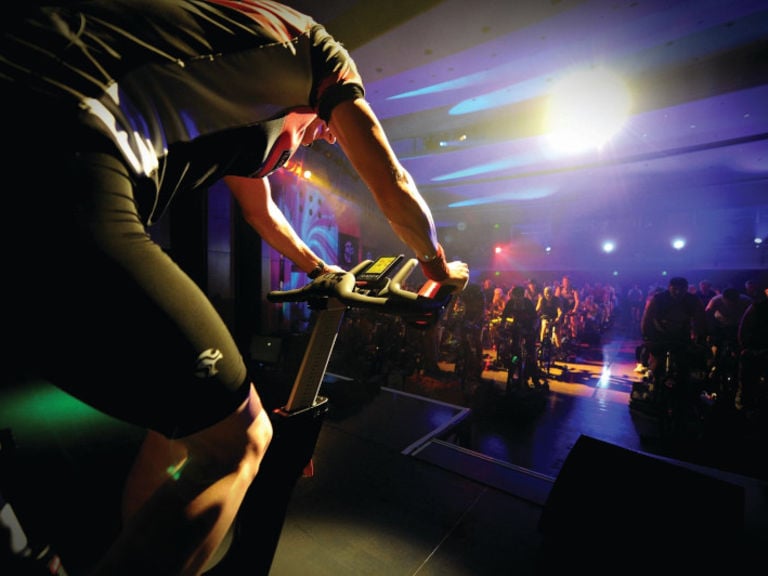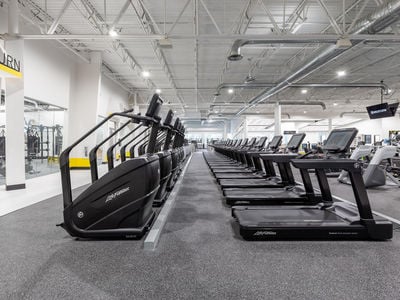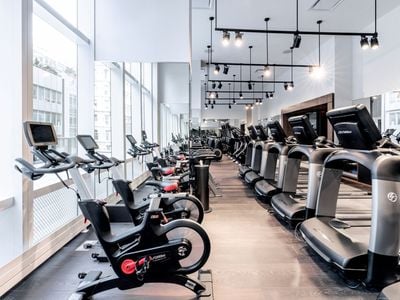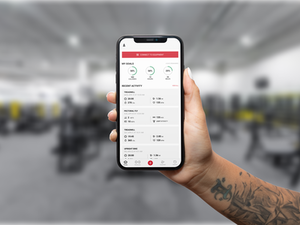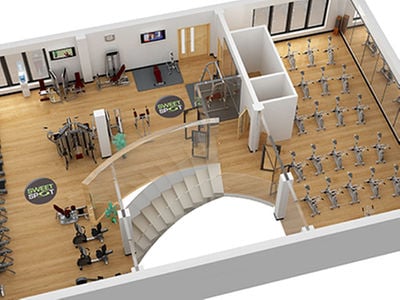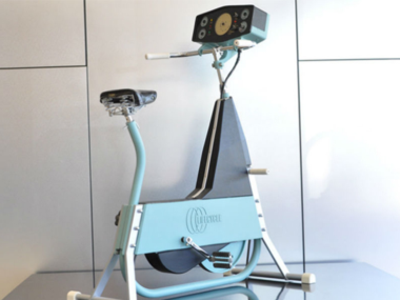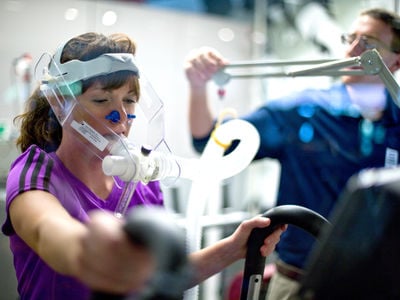Staying active has lifelong benefits.
New research has found that a lifetime of exercise keeps the body young and healthy.
Researchers from the University of Birmingham and King’s College London have concluded that physical activity helps maintain muscle mass and strength into old age, as well as warding off damage to the immune system.
The study:
The study took 125 amateur cyclists between the ages of 55 and 79 and had them perform a series of tests.
The cyclists’ results were compared against a group of people in a similar age bracket who were not regularly active.
The results showed that the group who exercised did not lose muscle mass or strength compared to the control group. In addition, the cyclists did not have increased body fat or cholesterol levels as they aged. Similarly, the males in the exercise group had higher testosterone levels.
Furthermore, the study showed that the exercise group’s immune systems did not seem to have aged either. The cyclists’ T-cell levels produced by the thymus organ were as high as a young person’s.
“Hippocrates in 400 BC said that exercise is man’s best medicine, but his message has been lost over time and we are an increasingly sedentary society,” says Professor Janet Lord, one of study authors. “However, importantly, our findings debunk the assumption that aging automatically makes us more frail.”
In fact, the study found that there was no age-related deterioration of muscle mass in those who exercised regularly. This means that high levels of exercise can prevent many of the negative effects of aging on muscle mass.
Stay physically active
Although this research was carried out on cyclists, researchers believe we would see similar results with any form of physical activity.
Being sedentary coupled with aging is the big issue. Professor Lord says that this research means we now have strong evidence to encourage people to exercise throughout their lives.
“[It is] a viable solution to the problem that we are living longer but not healthier.”
The researchers want to make it clear to people that aging doesn’t have to go hand-in-hand with disease. It’s important to find an exercise activity that you enjoy so that you will keep at it. Almost everybody can participate in some form of exercise to stay active.
The journal Aging Cell has published the results of this research as two papers.
References:
1. Pollock et al (2018). ‘Properties of the vastus lateralis muscle in relation to age and physiological function in master cyclists aged 55 – 79 years’. Aging Cell, 2018; e12735 DOI: 10.1111/acel.12735
2. Duggal et al (2018). ‘Major features of Immunesenescence, including Thymic atrophy, are ameliorated by high levels of physical activity in adulthood.’ Aging Cell, 201. DOI: 10.1111/acel.12750

